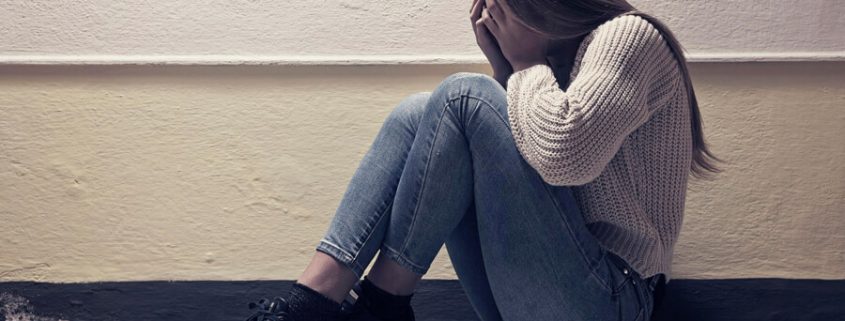When Someone You Love Relapses
You never thought he would relapse…

You trusted him. He promised you that he’d changed. Convinced you that he’d learned his lesson, that his days of using drugs and alcohol were over. He finished a rehab program, celebrated the anniversary of his abstinence with you. He hugged and thanked you for being there, for not abandoning him. He would never relapse again.
And you felt relief in your soul. The dark cloud that hung over and overshadowed everything, finally lifted. You could breathe again, sleep again. You told yourself, “I grew from this pain. I am a better person for it. More humane, more compassionate, more understanding.” You congratulated yourself on staying strong. You didn’t give up on him. You made it through the worst life could throw at you. Now you could finally get back to enjoying your time together.
Then, one day, you notice that dark clouds are gathering again. Things don’t seem right. You have a sense that the lies are back. You push the thought away. You tell yourself, “It’s not true. I’m just being paranoid.” You engage in reckless optimism, ignoring the signs in front of you. Maybe it’s because you don’t think your heart could recover again, you don’t think you could survive another relapse.
How many times can a heartbreak before it can’t be mended?
Slowly, it dawns on you: the old behaviors have returned. He looks different, talks different. Something in his manner seems false and calculated.
When you work up the courage to talk to him, you tell yourself, “Be gentle. Talk from a place of love.” You even practice what to say. After all, you want to be mindful.
When you express your concerns, he becomes enraged. “Why can’t you believe in me?” he yells, “You’re the problem. You’re the cause of this— not me.”
You feel ashamed. You feel embarrassed. You apologize. But, deep down, you know something is wrong again. Something is broken. You can’t ignore it anymore. (See “Five Warning Signs”)
Who do you turn to during a loved one’s relapse? Who do you tell?
Recovering from Relapse
It’s impossible to describe the pain you feel when someone you love relapses. Your world turns upside down. You discover so many lies and falsehoods, you don’t know what’s real anymore. (See “3 Questions to Ask Yourself About Your Relationship.“)
Your recovery starts when you step away from trying to help the one you love and focus on helping yourself. Here are three important steps toward feeling whole again:
1. Find a Support Group
In over twenty years working as a therapist, I’ve found there is nothing more powerful than a group of people struggling together. The empathy of peers, the love and support of individuals who share your experience is healing. Look online, call an 800 number, find a group and go. (See “3 Ways Group Can Help.”)
2. Avoid Isolation
There will be the impulse to withdraw, isolate yourself, hide from others. Don’t do it. Isolate breeds depression, anxiety, fear. It makes problems feel insurmountable. Force yourself out, go for walks, go to the gym, go to the theater. Keep seeing friends, keep being active—keep living.
3 Stop Enabling
Addicts thrive on empty promises. You may want to believe that they can stop using drugs and alcohol on their own. The reality is, it’s very rare for someone to recover without professional support. Unless they are willing to get help, there’s very little you can do. (See “5 Warning Signs Your Teen is Addicted.”)
One Day at a Time
Gather support. Find the angels in your life and reach out to them. Renew your faith, turn to loved ones, and keep striving. You can’t control addiction or predict a relapse, but you can take charge of your own life.



